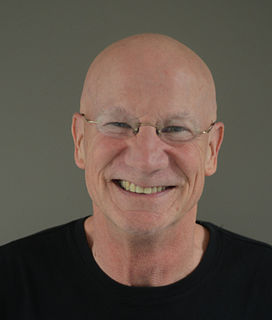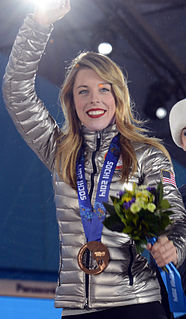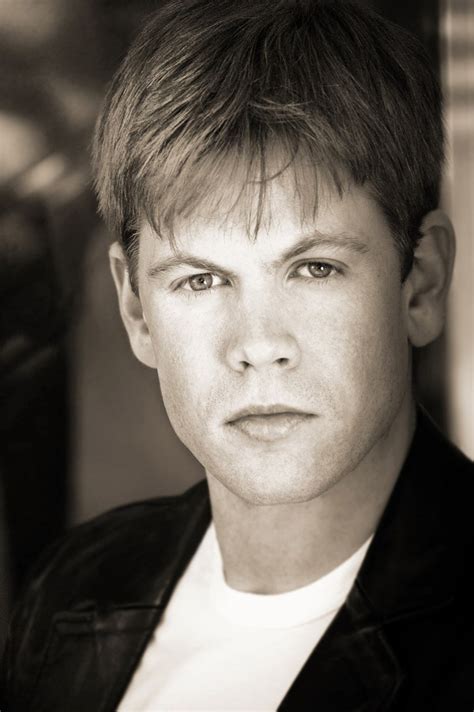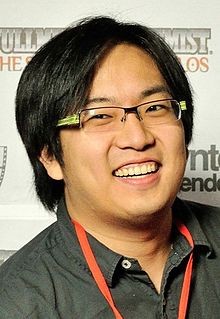A Quote by Brendan Iribe
We look at Sony as someone who's jumping into the space to help evangelize and build out VR. They're very centered around a console experience.
Related Quotes
The mobile gaming experience is fundamentally limited by this very small screen in front of you that occupies maybe 15 degrees of your field of view. The PC and console experience, you have a 45-degree field of view. VR is 120 degrees: your entire view space. The expectations of users on the platform will rise to levels we've never seen before.
I'm a huge gamer. I'm very excited, and the idea of the Rift was as a headset that was designed around the specific uses of VR gaming. But I'm excited about a lot of stuff that's outside of it, because I was a VR enthusiast. I want VR to be the thing that we all live in, that we all use for everything, not just games.
The Grand Prix Final is an opportunity for me to go out and experience new jumping passes in competition. I put in a triple loop-half loop-triple Salchow in the second of the program. It's a very difficult jumping pass so this is a chance for me to try out the new elements and the adjusted jumping layout to get prepared for nationals.
At its very core, virtual reality is about being freed from the limitations of actual reality. Carrying your virtual reality with you, and being able to jump into it whenever and wherever you want, qualitatively changes the experience for the better. Experiencing mobile VR is like when you first tried a decent desktop VR experience.
I feel like, if the guys can look at me in the huddle and see a calm and collected face, that they're going to relax a little bit. The way I look at it, leadership and being that guy is, don't be someone you're not. Don't be a hoorah guy jumping around and clapping your hands if you're not that guy.
It was a really strange experience. It was very creative for Alejandro Amenábar. It was almost like it was the most I ever felt like I was helping someone paint. They had a very clear idea of what they wanted it to look like, sound like, be like. So, there was no operating outside the box. The only way to help him was to try to really be a part of his imagination and try to make it happen. He's a super kind and loving person. So, you wanted to help him. It just was none of my normal ways of helping a director work at all. So, it was a unique experience for me that way.
































